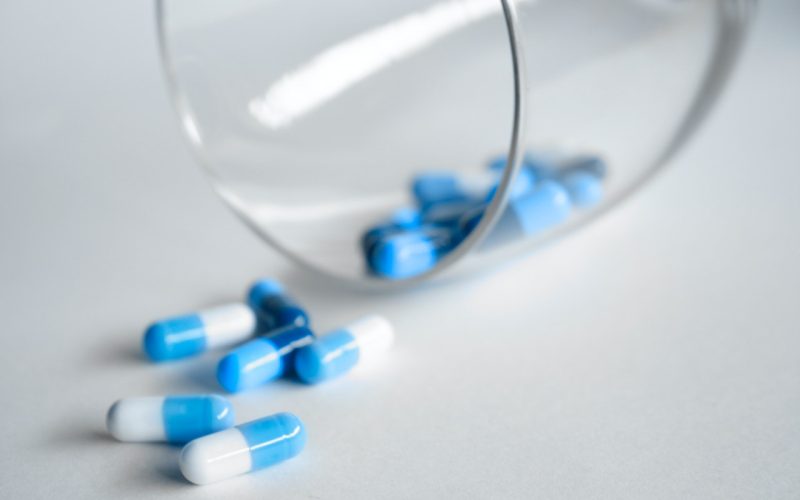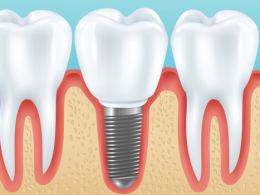Understanding what addiction is, without the bias that we have been socialized into, is one of the most important aspects of acknowledging and thereby getting help for addiction. Having an addiction is not something someone should be ashamed of, at all, because more often than not, addiction is a product of the factors in our environment.
What Is Addiction?
Addiction is a very complex illness of the brain whereby a person develops a dependency on a certain substance, without which they may have withdrawal symptoms, too. Prolonged addiction without any rehabilitation often causes detrimental effects on the mental and physical being of the person with the addiction. Substancerehabilitation.com, a website dedicated to helping people find treatment for addiction, says “Addiction can affect your well-being, livelihood, or someone you love.”
How Addiction Affects the Brain
When a person becomes addicted to a certain substance, their brain begins craving the substance – it wants a reward. Dopamine is the hormone that is produced when someone gets euphoric and receives a reward, stimulus for the GABA receptors. If someone’s brain begins to obsessively rely on the substance to trigger dopamine production, the person begins to consume the substance more. When uncontrolled and unlimited, this turns into an addiction.
Are We All Prone to Addiction?
The short answer to this question is yes, but the long answer is that there are a lot of nuances involved. Some people may be more prone to addiction than others, but in the world that we live in, every person is able to become addicted. In this modern and technological society, most of us are addicted to checking our phones, being online all the time, updating our followers with posts, going to the gym, drinking on Fridays, and so on. Though vastly different from drug addictions, alcohol addictions, and other substance abuse-related addictions, that’s not to say that technological addiction isn’t harmful.
Addiction Does Not Discriminate
Addiction does not exist in an echo chamber of good or bad choices. In fact, to solely blame the individual for their addiction is nothing short of unfair to them, since addiction doesn’t discriminate. Anyone of any age, gender, race, or financial background can struggle with addiction. However, some groups of people may be more likely to form an addiction.
For example, genetics play a role in addiction too. About 40 to 60 percent of the risk of becoming an addict can be attributed to gene expression and genetics, which includes the home environment that leads to said gene expression. A chaotic or abusive home environment can increase the chances of someone being an addict.
How Addiction Masks a Larger Problem
Oftentimes, people with an addiction are trying to cope with a problem that is bigger than just abusing a substance. It may be the loss of someone very dear, it may be the conditions that they are living in, it may be a lack of proper resources to deal with drugs, so on and so forth.
Someone who has an addiction likely has bigger difficulties that they aren’t paying attention to or cannot afford to pay attention to. Losing a job (or not being able to get one in the first place) can also lead people to find solace in substances, using them to cope.
The Relation of Mental Illness to Addiction
People with mental illness are more likely to form some sort of addiction as a means to cope with the symptoms of their mental illness. Nearly 20% of the people who struggle with a mental illness also experience some sort of substance abuse. This could be more about correlation than causation, but many studies have shown that people with PTSD are more likely to be addicted to drugs or alcohol because of the belief that it helps them cope.
Summary
In conclusion, although anyone may get an addiction, certain demographics are more prone to addiction than others.
#1 Addiction is a disorder of the brain, and it can have very adverse impacts on the mental and physical being of a person.
#2 Some people are more prone to addiction than other people are.
#3 People with addictions are often people with issues that are larger than their addiction, and using substances helps them cope with these issues.
#4 The home environment and upbringing of a person impacts how likely they are to form an addiction.
#5 People with mental illnesses are more prone to addictions.
Falling into behaviours of addiction will most likely have an impact on who someone is as a person, but it’s not helpful to beat oneself up for it. What’s helpful is willing to get help for it.









